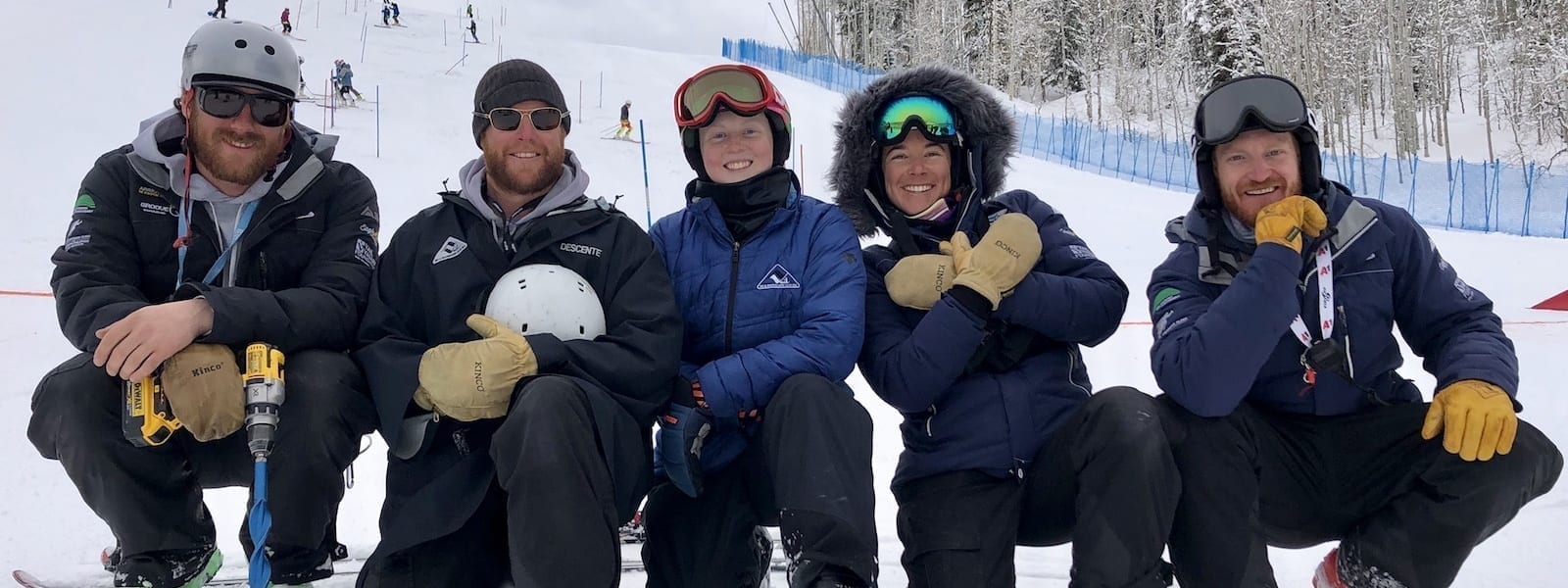Center of Excellence denied property tax exemption
It takes a law degree to decipher all the entities and endowments that had a hand in building the United States Ski and Snowboard Association’s (USSA) new $22 million home, the Center of Excellence. Now that the fancy new building is occupied, USSA leaders are trying to decide how to best manage the fancy new tax liabilities.
Last Wednesday representatives from USSA attended a Summit County Council meeting seeking a tax exemption on the organization’s new executive offices and training facility. A request the council, which governs the Park City, Utah area, denied.
Under Utah law, property used by non-profit organizations for educational or charitable purposes qualifies for tax exemptions. USSA leaders maintain that their building should also be entitled to the tax break because the facility is used for a number of educational purposes.
“Unfortunately, after several meetings, the five-member Summit County Council turned down our request believing that it does not meet their interpretation of charitable or educational institutions,” said USSA CEO and President Bill Marolt.
 Without the tax-exempt status the USSA will have to start paying nearly $180,000 in property taxes per year. The denial could also mean the organization would have to pay the county more than $14,000 in back taxes
Without the tax-exempt status the USSA will have to start paying nearly $180,000 in property taxes per year. The denial could also mean the organization would have to pay the county more than $14,000 in back taxes
The issue first came to light after Park City news paper the Park Record ran a story about the decision on its website last Wednesday. The story quoted several Summit County Council people saying the building was denied the exemption simply because it was not owned by a non-profit organization called Center of Excellence Properties Fund, LLC. According to USSA the previously mentioned organization is indeed a non-profit entity.
“While our organizations are exempt from income taxes as 501(c)3 non-profits, such status does not automatically qualify for a property tax exemption,” said Marolt. “Utah property tax law requires an organization to be a “charitable, educational, or religious” entity. These definitions are quite vague and what definitions do exist are quite narrow. Further, there is very little case law within Utah to help define the qualifications. We believe and built our application to support the interpretation that the Center of Excellence qualifies as a charitable or educational institution.”
Part of the challenge the council faced when trying to determine the nature of the organization that owns the building is the fact that the USSA leases the facility for about $183,000 per month, according to the Park Record report.
According to USSA Vice President of Communications Tom Kelly, the money that was used to build the COE came from an endowment of close to $60 million in pledges.
“We had the opportunity, when we built the building, to just pay cash for it out of the endowment,” said Kelly. “But Park City was able to issue a tax-exempt bond, then we would simply pay that bond much like a home mortgage. We did that because we can make more money in interest revenue on the endowment than we are paying out for this bond, so it made sense to do it that way.”
“Because we set up this tax-exempt bond with the city that required us to put a certain legal structure in place which is why we have a few different companies,” said Kelly. “This is a very complex structure that is in place and we have a number of different corporations here just to manage our day to day business.”
Kelly also cited several local organizations that have successfully attained similar exemptions.
“In this case we’re seeking a property tax exemption similar to what was granted to the Utah Olympic Park, National Ability Center and others,” said Kelly. “We’ve long planned on taking this to the county to hopefully get this tax-exempt status, so this has been a part of our plan all along, but this hasn’t been a factor until we had occupied the building, that’s why it’s coming up now.”
According to Marolt, the USSA has not yet decided what their next step towards settling the matter will be.
“We have additional options available to us to continue to pursue a property tax exemption,” said Marolt. “We are continuing to work with counsel to determine the best direction to pursue and hopefully reduce such future expenses.”





















